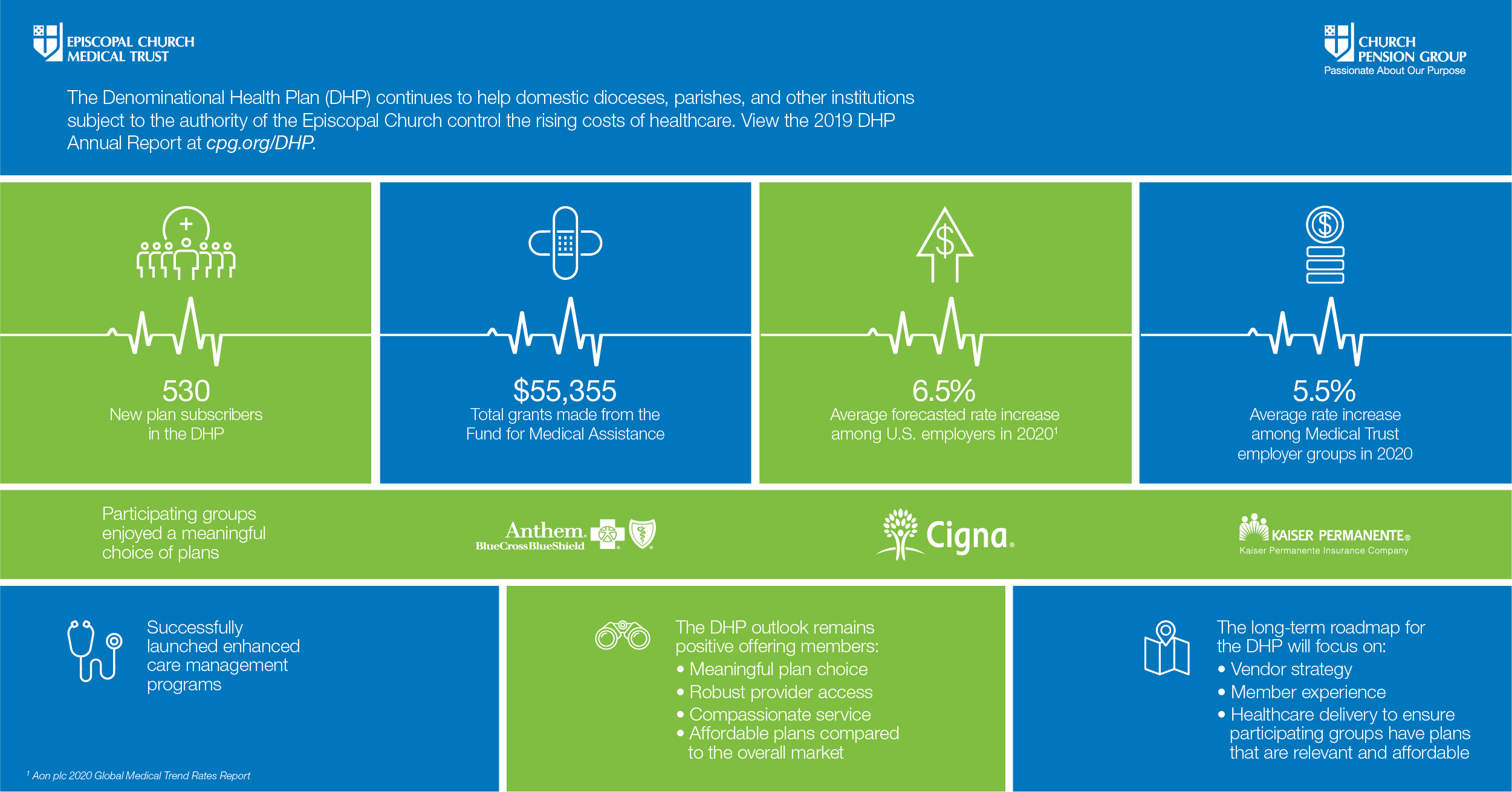Discover The Interesting Development Of Catholic Colleges And Their Extensive Impact On Education And Learning-- Could Their Traditions Hold The Crucial To Future Understanding?
Discover The Interesting Development Of Catholic Colleges And Their Extensive Impact On Education And Learning-- Could Their Traditions Hold The Crucial To Future Understanding?
Blog Article
Writer-Eskesen Nolan
When you take into consideration the background of education and learning, Catholic colleges attract attention for their ingrained traditions and enduring influence. These establishments began as a way to impart confidence and values, but they have actually adapted incredibly over centuries. Today, they play a critical duty in shaping not just academic success however likewise moral integrity. What's interesting is just how they've taken care of to prosper amidst altering cultural landscapes, raising questions regarding their future importance and impact.
The Beginnings of Catholic Education: A Historical Point of view
Catholic education and learning traces its origins back over 1,500 years, when very early Christian areas acknowledged the need for organized knowing. You'll discover that these communities aimed to pass on their confidence and values with education and learning.
Monasteries and basilica institutions became facilities of discovering, nurturing both spiritual and intellectual growth. As you dive much deeper, you'll see that the curriculum typically consisted of ideology, theology, and the liberal arts, developed to develop versatile people.
Over time, the Church developed a lot more official organizations, guaranteeing that education remained obtainable to all. The dedication to training moral values and cultivating a sense of area has actually lingered through the centuries, forming the educational landscape and affecting many lives worldwide.
https://telegra.ph/Checking-Out-The-Advantages-Of-Catholic-Education-For-Comprehensive-Student-Growth-06-14 enduring tradition continues to motivate Catholic education today.
The Development of Catholic Schools Via Cultural Contexts
As cultures progressed, so did the role of Catholic institutions, adapting to the cultural contexts in which they existed. In the very early years, these establishments concentrated primarily on spiritual instruction, however as neighborhoods expanded, they began to integrate local languages, custom-mades, and academic requirements.
You 'd discover that Catholic institutions commonly became facilities for social cohesion, promoting a sense of belonging amongst pupils from different histories. In numerous regions, they addressed societal issues, such as destitution and discrimination, by providing obtainable education for all.
As you explore different societies, you'll see exactly how Catholic schools have actually changed their educational program and teaching methods, showing the worths and difficulties of their environments while holding to their fundamental mission of faith and academic quality.
The Modern Duty and Impact of Catholic Schools in Society
In today's world, Catholic schools play an important duty in shaping not just the academic landscape, yet likewise the wider neighborhood.
You'll discover that these establishments stress values like respect, concern, and social justice, promoting well-shaped individuals who add positively to society. By focusing on academic excellence and moral development, Catholic institutions prepare trainees for future challenges, supporting important reasoning and management abilities.
They often serve varied populations, linking gaps in accessibility to high quality education. Furthermore, you might see their commitment to service, urging students to take part in community outreach and volunteer job.
https://www.cnn.com/2020/11/27/world/archbishop-wilton-gregory-cardinal/index.html of education and learning and ethical advice makes Catholic schools a considerable pressure, cultivating liable citizens that can affect their areas right.
Final thought
Finally, Catholic institutions have an abundant history that's formed their long-lasting impact on society. You have actually seen exactly how they've adapted to numerous social contexts while maintaining a commitment to belief, values, and academic quality. Today, they continue to play a crucial role in cultivating area, advertising social justice, and nurturing responsible residents. As you review their tradition, it's clear that Catholic schools continue to be a powerful force for positive adjustment in the world.
